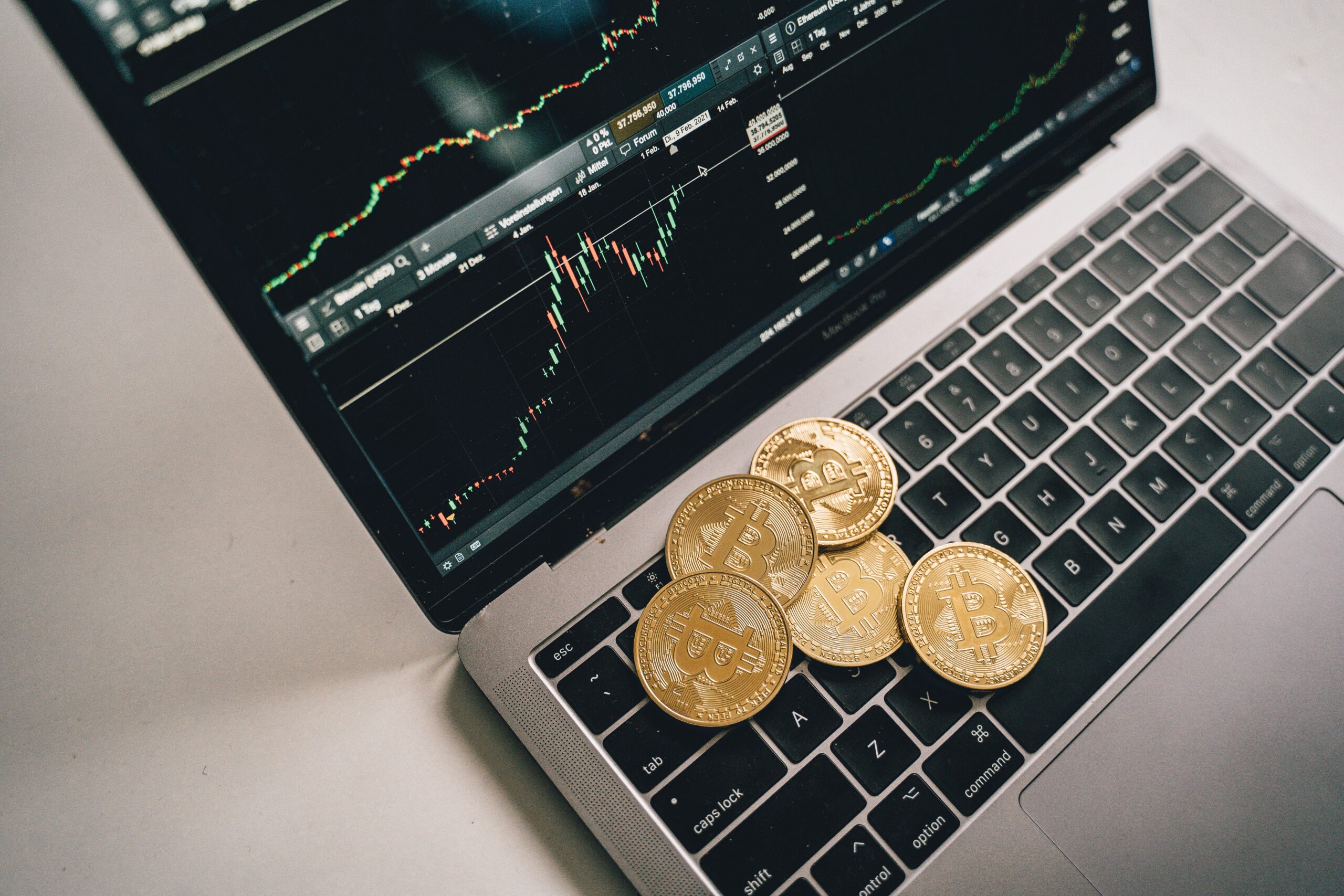Blockchain technology has revolutionized the way we store and transfer data. It has enabled secure and transparent transactions without the need for intermediaries. However, there are still some limitations to blockchain technology, one of which is its inability to access data from external sources. This is where oracles come in.
In this article, we will explore what oracles are, how they work in the blockchain ecosystem, their benefits and their use cases. If you are into Bitcoin investment, you must consider having a reliable trading platform like thebitcoincode.io
What is Oracle?
An Oracle is a third-party service that provides external data to a blockchain network. It acts as a bridge between the blockchain and the outside world. Oracles are used to bring real-world data onto the blockchain, allowing smart contracts to execute actions based on that data. Oracles have been used for years in non-blockchain contexts, such as financial services, weather forecasting, and sports betting. They are typically used to provide accurate and up-to-date information to businesses, organizations, and individuals.
In traditional systems, oracles are centralized, meaning that they rely on a single trusted source for data. However, in a decentralized system like blockchain, centralization is not desirable because it would introduce a single point of failure.
Benefits of Using Oracles in Blockchain
Oracles are third-party agents that facilitate the transfer of external data to a blockchain. One of the main challenges in blockchain technology is obtaining real-world data, which is crucial for smart contract execution. Oracles can provide a solution to this problem by providing blockchain-based systems access to off-chain data that is not natively available on the blockchain.
Using oracles in blockchain can also increase automation by automating the process of fetching off-chain data and updating it on the blockchain. This process reduces the need for manual intervention, leading to increased efficiency and accuracy. Additionally, oracles can help improve the scalability of blockchain-based systems by reducing the computational load on the blockchain.
Oracles also improve the security of blockchain-based systems by providing an additional layer of security. Oracles can provide data verification and ensure that the data provided to the blockchain is accurate and valid.
Lastly, oracles enable blockchain-based systems to support a broader range of use cases by providing external data and increasing automation. They can enable the execution of complex smart contracts that were previously impossible to execute on the blockchain.
Use Cases for Oracles in Blockchain
Oracles play a crucial role in enabling the integration of external data sources with blockchain technology. There are several use cases for oracles in blockchain that can be divided into several categories.
One of the primary use cases for oracles in blockchain is data verification. Oracles can be used to validate the authenticity of data received from external sources, ensuring that it is reliable and accurate.
Another use case for oracles is in the prediction market industry. Prediction markets are platforms that enable individuals to bet on the outcome of future events, such as elections or sports games. Oracles can be used to provide reliable external data that is used to settle bets on these platforms, increasing transparency and reducing the risk of fraud.
Oracles can also be used in the insurance industry, where they can provide external data, such as weather data, to execute smart contracts that automatically pay out claims based on predefined criteria. This feature can significantly improve the efficiency of the insurance industry by reducing the need for manual intervention and increasing the speed of claims processing.
In the finance industry, oracles can be used to enable the execution of smart contracts that involve external financial data, such as stock prices or interest rates. This feature can enable the creation of decentralized financial products that operate autonomously and can be accessed by anyone with an internet connection.
Lastly, oracles can be used in the healthcare industry to securely transmit sensitive patient data to healthcare providers. Oracles can ensure that data is encrypted and secure, protecting patient privacy while still enabling healthcare providers to access critical information.
Conclusion
In conclusion, oracles play a critical role in the blockchain ecosystem by enabling blockchain networks to access external data and automate processes. Oracles have numerous use cases, including DeFi, supply chain management, gaming, and insurance. However, oracles also come with challenges and risks, such as security vulnerabilities, limitations of current systems, and data privacy concerns.

 Join Daily Trust WhatsApp Community For Quick Access To News and Happenings Around You.
Join Daily Trust WhatsApp Community For Quick Access To News and Happenings Around You.


